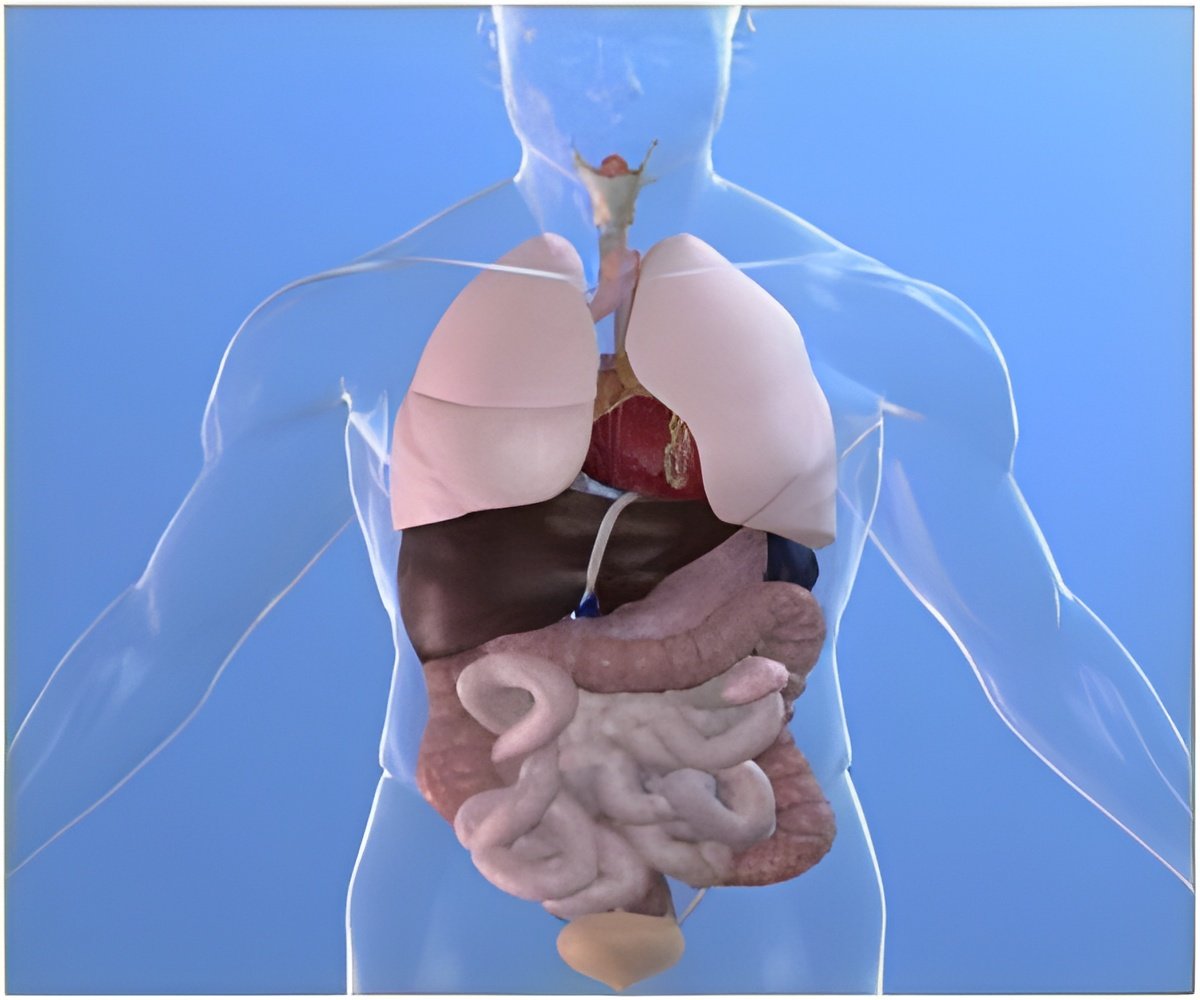Scientists have identified the culprit behind chronic rejection of heart, lung and kidney transplants.

University of California - Los Angeles researchers focused on the mechanism behind narrowing of the donor's grafted blood vessels, which blocks blood from reaching the transplanted organ.
Starved of oxygen and other nutrients, the organ eventually fails, forcing the patient back on the transplant waiting list.
"Chronic rejection is the No. 1 cause of organ failure in the first year of transplant," explained Elaine Reed, director of the UCLA Immunogenetics Center.
"In the first five years, some 40 percent of organs fail after transplant due to blockage of the grafted blood vessels. Currently, we have no way to treat this deadly condition," Reed said.
In this study, Reed and her colleagues looked at how human leukocyte antigens HLA molecules on donor tissue provoke an immune response in the patient. he scientists discovered that HLA's ability to stimulate cell growth and movement depends upon a quid pro quo relationship with another molecule called integrin beta 4.
Advertisement
Conversely, when the team suppressed HLA, integrin could no longer support cells' communication with their environment. The finding implies that HLA is required for functions regulated by integrin, such as cellular movement.
Advertisement
Source-ANI









